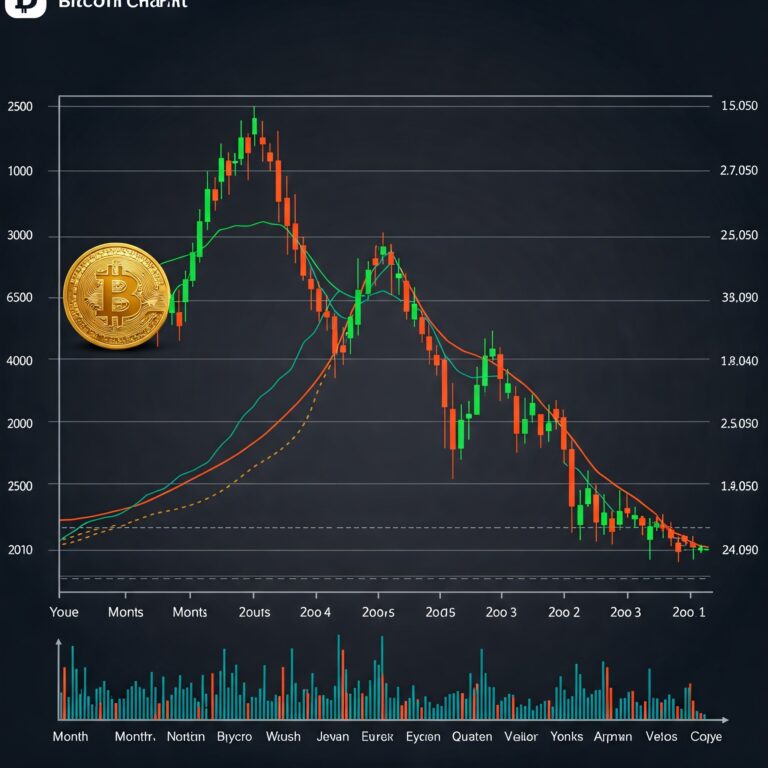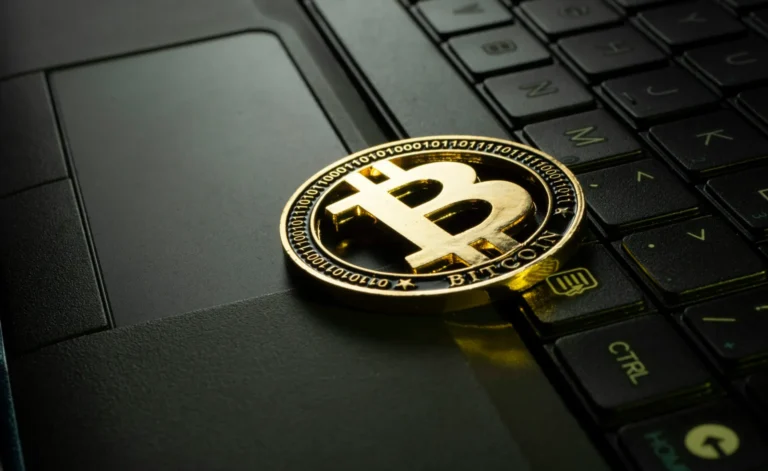
In a groundbreaking move that highlights the increasing integration of cryptocurrencies into mainstream financial systems, a Hong Kong lawmaker has proposed the inclusion of Bitcoin in the city’s fiscal reserves. This proposal comes amidst a global trend of governments and institutions exploring the adoption of digital assets to diversify their financial portfolios and hedge against inflation.
A Bold Vision for Digital Currency Integration
The lawmaker, who represents a progressive faction in Hong Kong’s Legislative Council, has argued that Bitcoin’s unique characteristics—including its decentralized nature and capped supply of 21 million coins—make it a valuable addition to the city’s financial reserves. By integrating Bitcoin, Hong Kong could potentially enhance the resilience and diversity of its fiscal assets.
“Bitcoin has emerged as a store of value and a hedge against traditional market fluctuations. Its inclusion in our fiscal reserves would position Hong Kong as a forward-thinking global financial hub,” the lawmaker stated during a recent session.
Strategic Benefits for Hong Kong
Hong Kong’s strategic move to consider Bitcoin aligns with its ambition to remain a leader in financial innovation. The integration of digital assets could:
- Diversify Reserves: Adding Bitcoin to fiscal reserves would reduce over-reliance on traditional assets like bonds and fiat currencies.
- Attract Blockchain Talent: Such a move could solidify Hong Kong’s reputation as a blockchain-friendly region, attracting talent and investments in the cryptocurrency space.
- Hedge Against Inflation: Bitcoin’s deflationary design could serve as a countermeasure to global inflationary pressures.
Challenges and Criticisms
While the proposal has garnered significant attention, it is not without controversy. Critics have raised concerns about Bitcoin’s price volatility, regulatory uncertainty, and environmental impact due to its energy-intensive mining process. Financial analysts warn that such a move could expose Hong Kong’s reserves to high risks if Bitcoin’s value experiences sharp declines.
To address these challenges, the lawmaker suggested starting with a modest allocation to Bitcoin and gradually increasing it based on performance and market conditions.
Global Implications
If implemented, Hong Kong would join the ranks of nations like El Salvador, which made Bitcoin legal tender in 2021 and holds Bitcoin in its national reserves. Hong Kong’s adoption could inspire other global financial hubs to explore similar strategies, potentially accelerating the mainstream acceptance of cryptocurrencies.
The Road Ahead
The proposal is currently under review and will require extensive discussions among lawmakers, financial experts, and the public. Regardless of the outcome, this initiative underscores the transformative potential of cryptocurrencies in reshaping traditional financial systems.
As the debate unfolds, all eyes will be on Hong Kong, a city renowned for its ability to adapt and thrive in an ever-evolving financial landscape.





